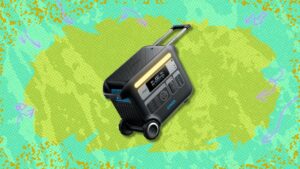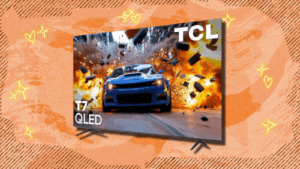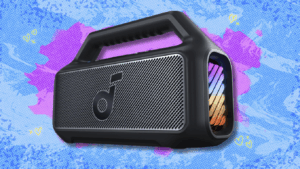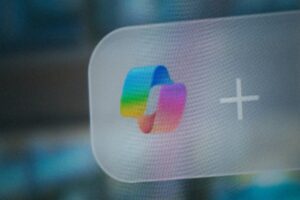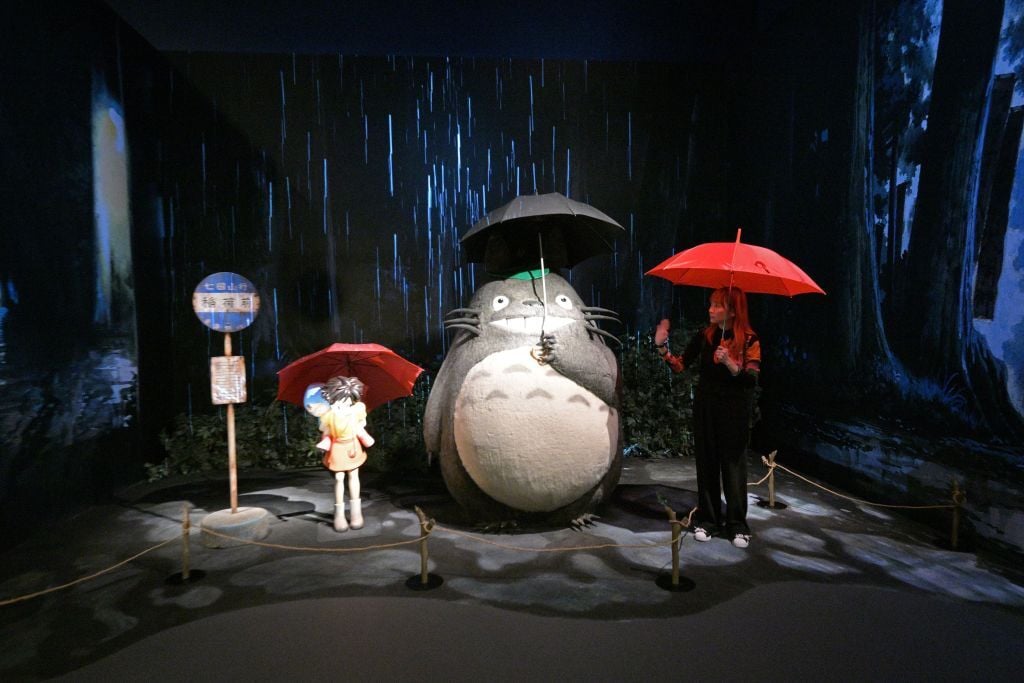
After ChatGPT-generated images in the style of Studio Ghibli drew criticism online, OpenAI has shared a response addressing the backlash.
OpenAI released native image generation in GPT-4o earlier this week, with a live demo showing CEO Sam Altman and OpenAI staffers using ChatGPT to turn a selfie into an anime-style image that looked a whole lot like the unique and painstakingly crafted animated films of Studio Ghibli. Soon, Studio Ghibli-style versions of memes, selfies, and family photos, all automated by ChatGPT, went viral on X. Altman himself turned his X profile picture into a Studio Ghibli-esque image of himself and directly mentioned the distinct style in an X post, writing, “wake up one day to hundreds of messages: ‘look i made you into a twink ghibli style haha.'”
This Tweet is currently unavailable. It might be loading or has been removed.
The viral moment quickly turned into questions of copyright infringement and IP theft as users wondered whether OpenAI trained GPT-4o on Studio Ghibli films without permission. But the larger issue that troubled many users was how the artwork of Hayao Miyazaki’s studio, which famously hand-paints almost every frame of their animated films, could be quickly automated and commodified for the purpose of promoting a new OpenAI product.
This Tweet is currently unavailable. It might be loading or has been removed.
This Tweet is currently unavailable. It might be loading or has been removed.
This was especially prescient given Miyazaki’s stance on AI-generated work based on a clip that went viral where Miyazaki expressed his disgust, saying, “I strongly feel that this is an insult to life itself.”
This Tweet is currently unavailable. It might be loading or has been removed.
In response, OpenAI has addressed the criticisms sharing the following statement to Mashable:
Our goal is to give users as much creative freedom as possible. We continue to prevent generations in the style of individual living artists, but we do permit broader studio styles—which people have used to generate and share some truly delightful and inspired original fan creations. We’re always learning from real-world use and feedback, and we’ll keep refining our policies as we go.
OpenAI did not address our questions of whether OpenAI had a pre-existing licensing partnership with Studio Ghibli or whether Studio Ghibli films had been included in the training data.
The technical distinction that theoretically lets OpenAI off the hook is that ChatGPT can generate “broader studio styles” but not individual styles of living artists. Indeed, when asking ChatGPT to generate a Hayao Miyazaki-style animation of an uploaded image, ChatGPT denied the request, saying it “violates our content policies.” Replacing Hayao Miyazaki’s name with “Studio Ghibli” in a new prompt successfully complied with the request.
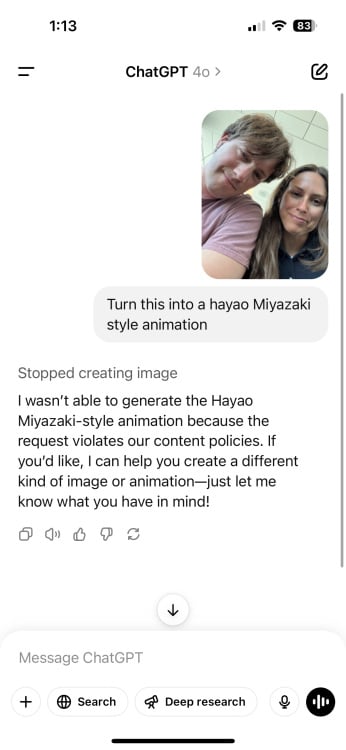
Credit: Screenshot: Mashable / OpenAI
According to OpenAI’s GPT-4o system card, which outlines the model’s ethical and safety challenges, “The model can generate images that resemble the aesthetics of some artists’ work when their name is used in the prompt.” The section goes on to say, “We opted to take a conservative approach with this version of 4o image generation, as we learn more about how 4o image generation is used by the creative community.” But it’s unclear how unquestioningly granting requests for Studio Ghibli-style animations is a conservative approach.
The system card section also specifies, “We added a refusal which triggers when a user attempts to generate an image in the style of a living artist.”
So, there you have it folks. You can ask ChatGPT to create an image in the style of a studio, but not a living artist. Miyazaki’s work can be appropriated if you plug in the name of the studio that he founded, but not his own name.


